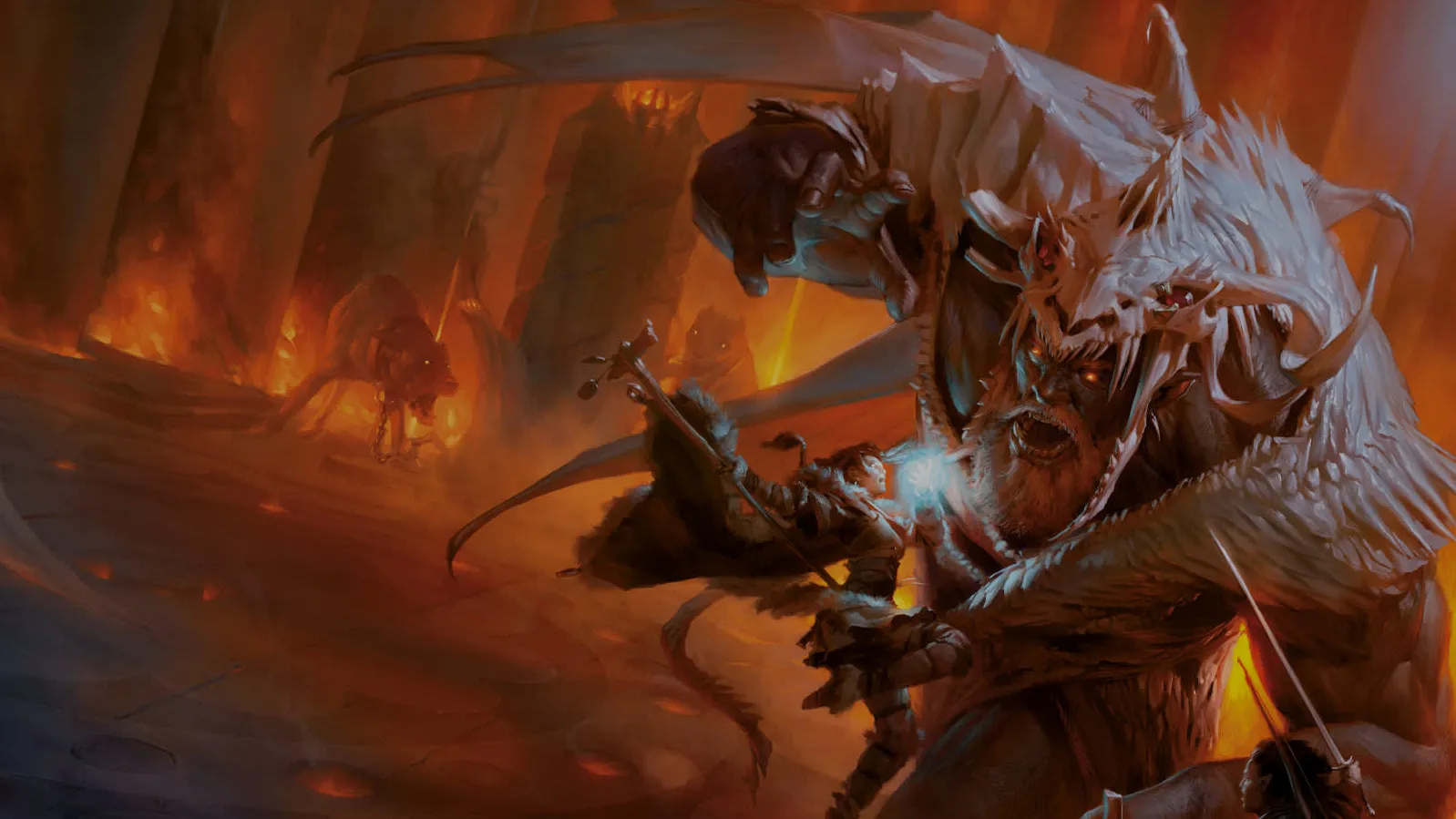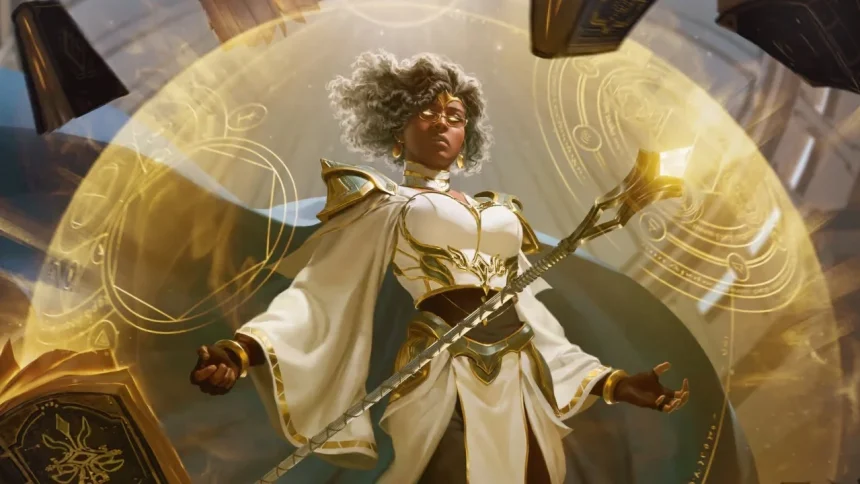Wizards of the Coast, the creators of Dungeons & Dragons (D&D), recently revealed that the upcoming changes to the game’s 2024 Player’s Handbook were influenced by the experience of playing Baldur’s Gate 3 (BG3).
This connection between the tabletop game and the video game highlights how player experiences in BG3 have prompted adjustments to certain spells and mechanics in D&D. A 25-minute video by the game’s lead designer, Jeremy Crawford, details these changes, offering insight into how the two gaming worlds intersect.
One significant update involves the spell Cloud of Daggers. Previously, enemies often avoided this area-of-effect spell, making it less effective. Inspired by BG3, the spell has been modified to allow players to move it around the battlefield, enhancing its utility. Crawford had already considered this change, but playing BG3 reinforced the idea, demonstrating the value of integrating video game mechanics into the tabletop format.

Another spell affected by this cross-inspiration is the Druid cantrip Produce Flame. In both the tabletop game and BG3, casting this spell was cumbersome due to its action economy. Crawford found it frustrating while playing BG3 and decided to redesign it to reduce the friction involved in casting. This change aims to make the spell more enjoyable and practical for players in both formats.
Additional changes to the Player’s Handbook include updates to shapeshifting spells like Polymorph. The new rules grant players temporary hit points based on their new form rather than a separate set of hit points.
This change addresses balance issues noted by players, particularly those who felt the previous system was too advantageous. Such adjustments reflect the ongoing dialogue between the digital and tabletop versions of the game, ensuring a more cohesive experience.
Finally, as Larian Studios moves on from BG3, they announced plans for mod support, allowing the community to further personalize the game. Despite Larian not developing Baldur’s Gate 4, Wizards of the Coast is exploring partnerships to continue the series.
This collaboration between game developers and the tabletop community highlights the evolving nature of D&D, driven by player feedback and innovative gameplay experiences from both formats.







